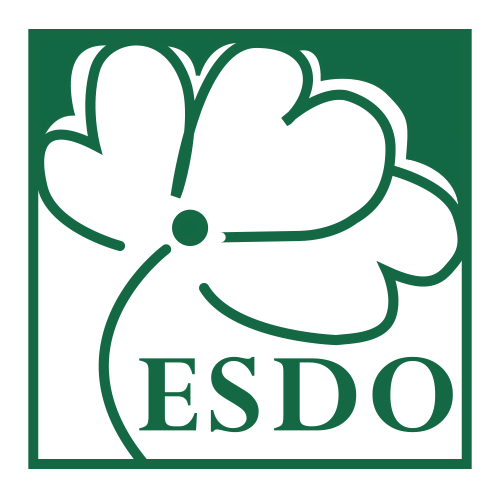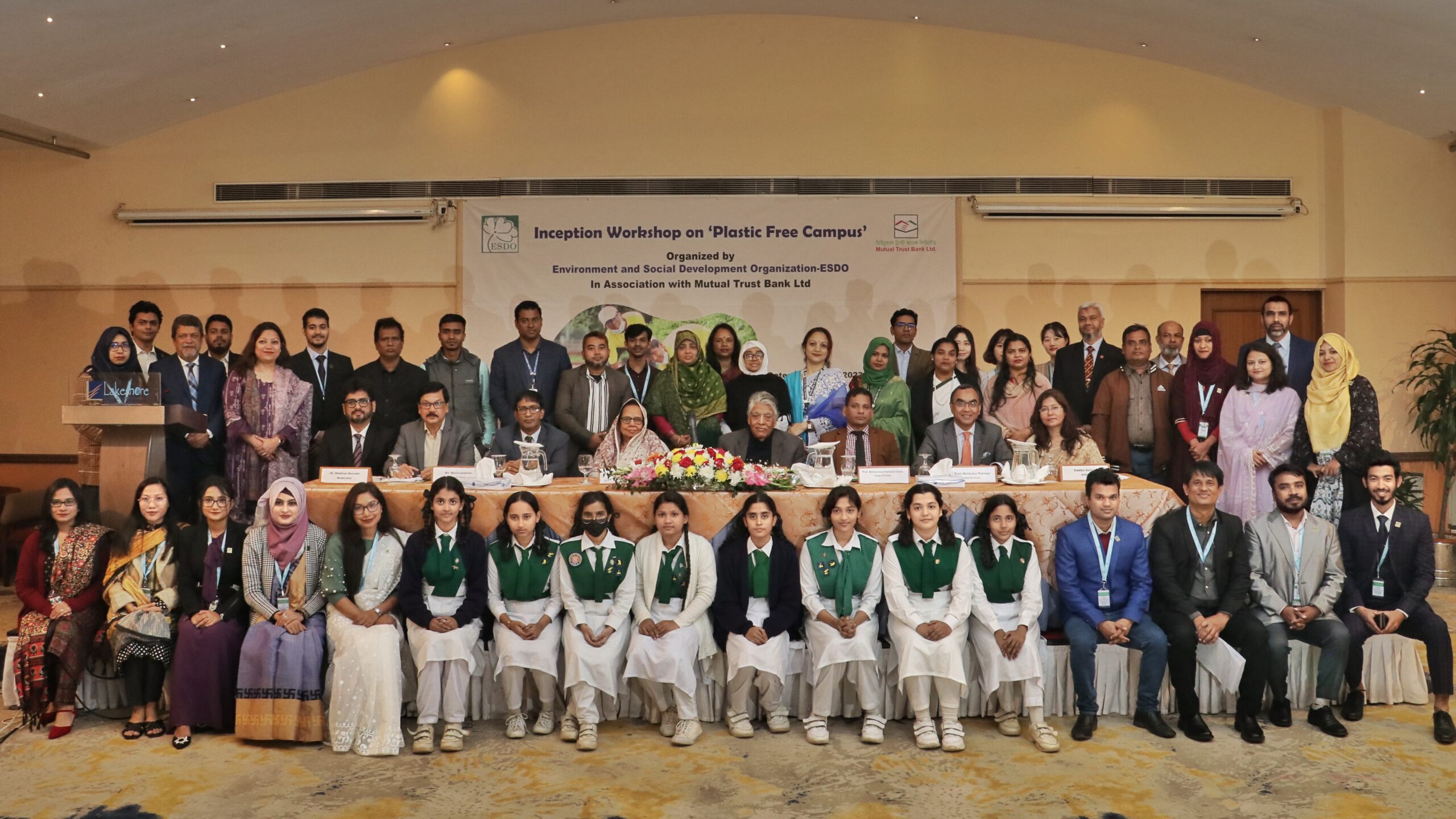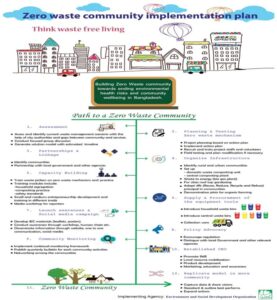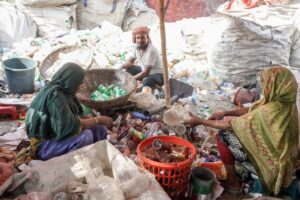Plastic is a miracle material, shaped and folded into our lives in everything from Cigarette filters to medical tubing, cutleries to cars. Despite the fact that plastic is found in the toys we give our children, the food we eat, and the clothing we wear, we don’t care about the environmental and public health hazards caused by plastic. In the 1950s the world produced 2 million metric tons of the stuff annually, according to the UN Environment Program. Now the amount has risen to more than 400 million metric tons. If current production stays on track, yearly plastic production could reach 1.1 billion metric tons by 2050 (UNEP).
The production of plastics requires a variety of chemical additives, but ultimately, all plastics are derived from fossil fuels. Every stage of their life cycle emits pollution that contributes to global warming. Plastics are made from oil and gas, and their production emits greenhouse gases into the atmosphere. Plastic is not biodegradable and breaks down into microplastics that remain in the environment for more than thousands of years. There are millions of sea and land creatures killed or injured eating plastics every year, and these plastics are now everywhere: in our food, drinks, in nature, and all over the world. Food and drink packaging made from plastic often contains harmful chemical additives.
Considering the burning global issue due to plastics, Environment and Social Development Organization – ESDO in association with the Mutual Trust Bank Limited – MTBL, Bangladesh; Plastic Solution Funds (PSF); and Break Free From Plastic (BFFP) have designed the “Plastic Free Campus (PFC)” project to help school children to combat single-use plastic pollution in Bangladesh. Through this project, ESDO & partners are planning to include ten schools in five divisions in Bangladesh, namely Dhaka, Rajshahi, Khulna, Sylhet, and Rangpur. This projects goals are to develop a second generation of environmental leaders, inform the younger generation about plastic pollution, and train them to reject single-use plastics. Additionally, this project would provide guidelines for living a waste-free lifestyle from home to school along with the creation of plastic-free campus.
The main objectives of the PFC project are as follows:
- To build second-generation leadership.
- To aware the young generation about the toxicity of plastics.



